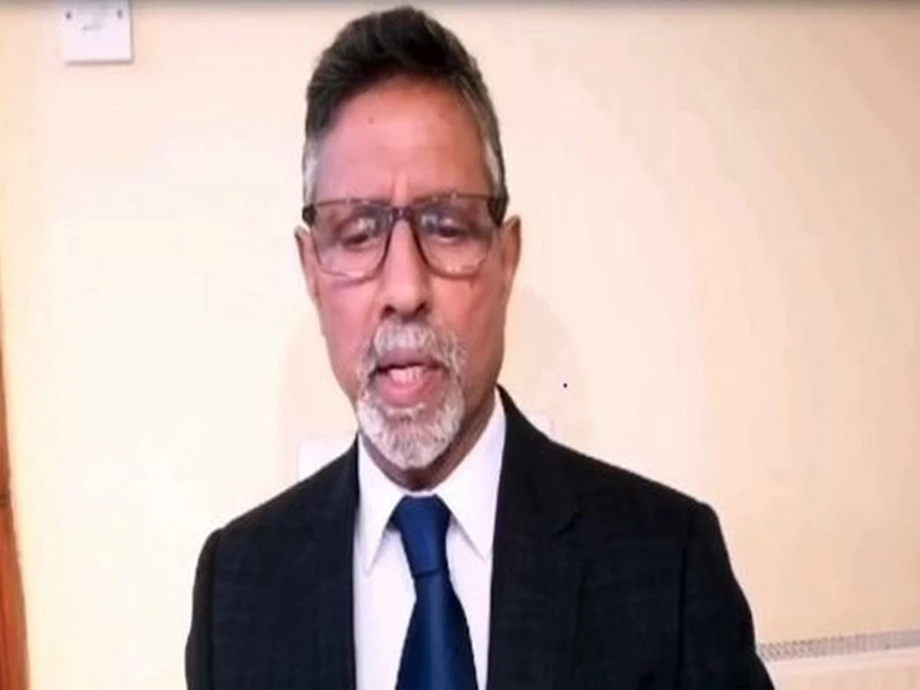Apolitical activist from Pakistan-occupied Kashmir criticized Pakistan at the United Nations for disregarding human rights and failing to maintain law and order in the occupied region. During the 55th Session of the UN Human Rights Council, Mahmood Kashmiri, President, UK Europe Zone of United Kashmir People’s National Party, expressed deep concern about the state of human rights in Pakistan-occupied Kashmir and Gilgit Baltistan.
He highlighted that the people in these regions are subject to the whims of Islamabad, its agencies, military, and extremist groups. Kashmiri emphasized the absence of the rule of law, with power prevailing over what is just.
He outlined how human rights advocates, pro-independence Kashmiris, journalists, civil society activists, religious minorities, and media personnel face constant harassment, intimidation, threats, and arrests for expressing their views or reporting on the situation. He urged the UN to urgently address these violations, noting that people in these regions are protesting for their basic rights and right to life.
“The ongoing mass movement, spanning the last ten months, persists with sit-ins and protests. Despite the peaceful nature of their demands, the protesters have been facing repression. Authorities, intelligence, and law enforcement agencies have resorted to heavy-handed crackdowns, resulting in a large number of arrests during demonstrations and rallies demanding their basic and fundamental rights,” he told the United Nations. Kashmiri highlighted Pakistan’s denial of resources to the people of PoK and Gilgit-Baltistan, as well as the military’s takeover of properties such as public parks, grounds, and hilltops. He stressed that natural resources have been exploited for Pakistan’s benefit rather than for the local populace.
He requested the UN to establish a fact-finding mission to Pakistan, PoK, and Gilgit Baltistan to investigate these systematic repressions of basic freedoms. Kashmiri urged the UN to take immediate action to ensure the protection of human rights, as well as to promote justice and accountability in these regions.

